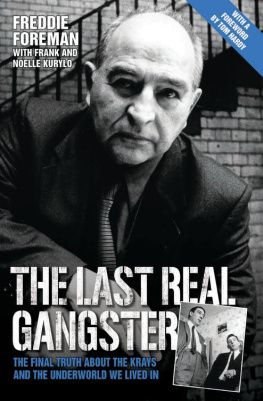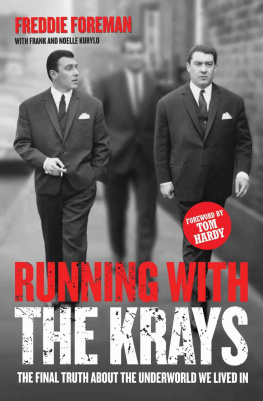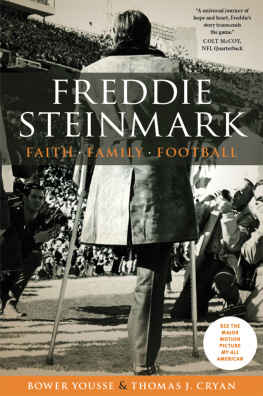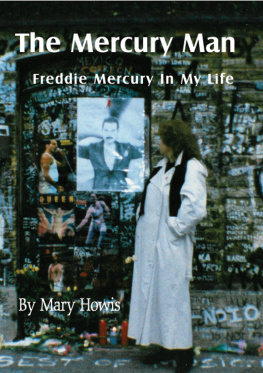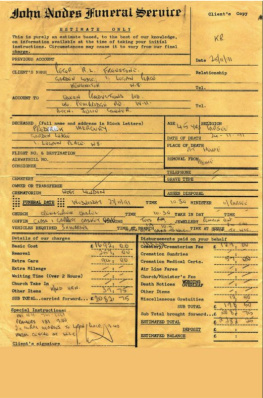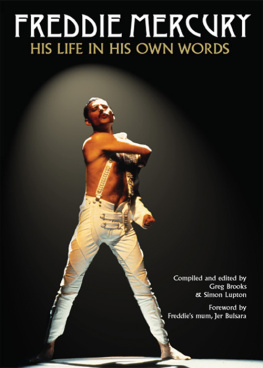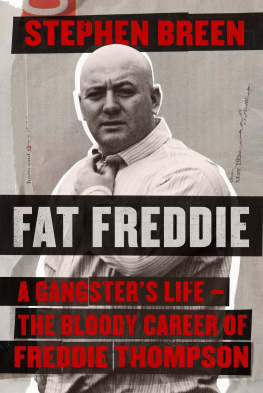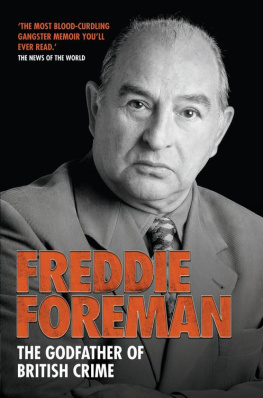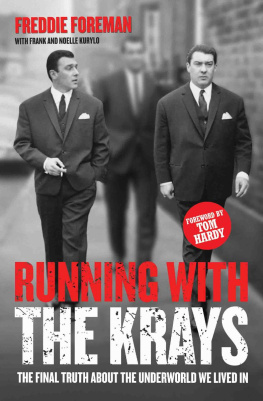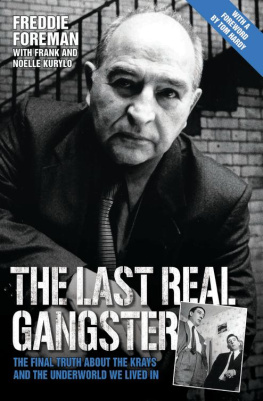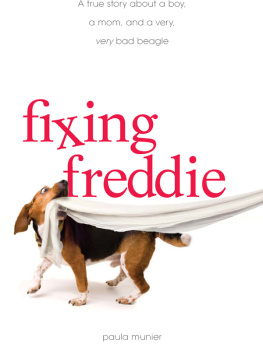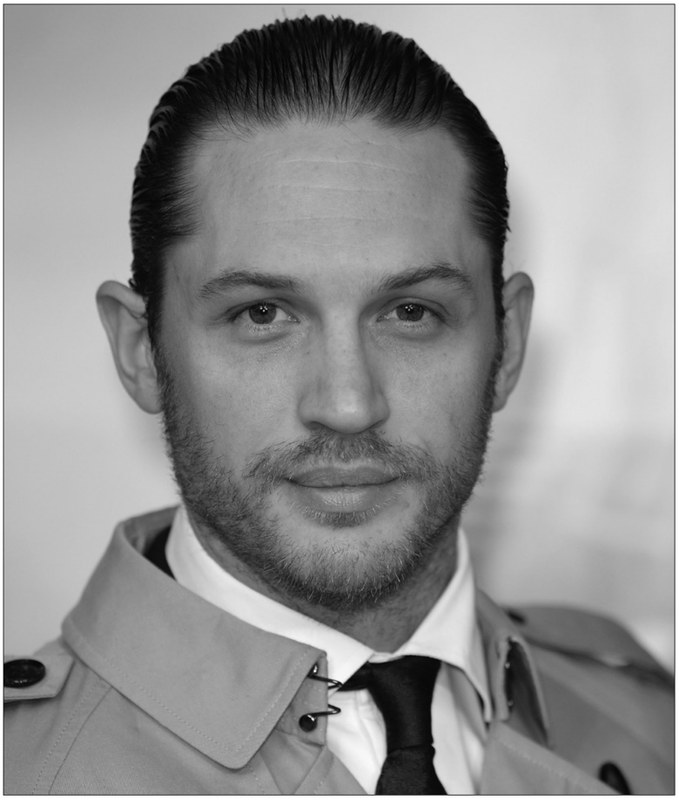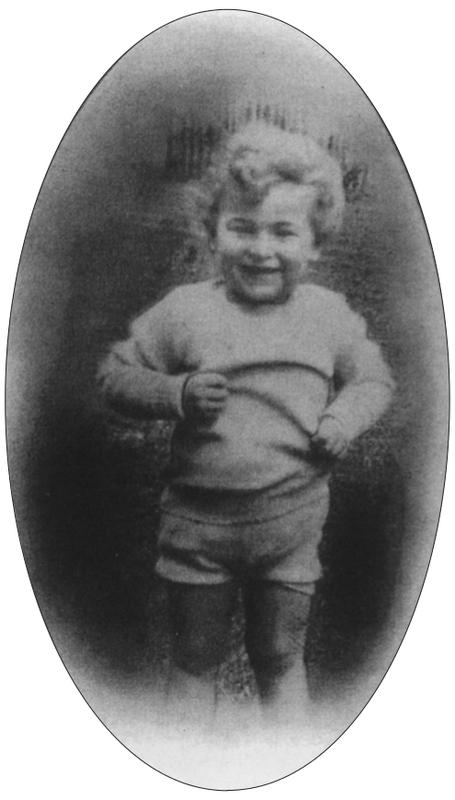Freddie Foreman is a gentleman and has always been a good and loyal friend. We have known each other for over fifty years and had some wonderful times together with our families his children even call me Uncle Eddie
I first met Freddie in the 1960s at The National Sporting Club in London. He used to come see me box at different events over the years. I was the British and Commonwealth Light Heavyweight Champion with a record of 44 wins from 53 professional fights, 20 of those from knockouts.
I retired from boxing in 1972 and went to live in Puerto Banus, Marbella, where myself and a partner opened a high-class restaurant called Silks. Most of our clientele were celebrities and Freddie became a frequent visitor to my restaurant. A few years later, Freddie came to live there, where he became vice-president of the Marbella Boxing Club. He had a licence to put on boxing matches Spain versus England he invited English boxing clubs such as Eltham South London Boxing Club to take part. I would often go to Freddies Eagles Country Club, and sometimes we would go together with our families to Tony Dalis restaurant, or for a musical evening to Lloyds bar to hear one of the best voices in the business, Lloyd Hulme.
Freddie has been very generous in his support and help (both practical and financial) with my charities such as the Victoria Park Amateur Boxing Club, Ty Hafan and The George Thomas Hospice over the years.
Freddie Foreman has lived his life as an entrepreneur in the criminal underworld. His name has always commanded genuine respect (and sometimes fear) from those who operate outside the law, and even among those who uphold it. Freddie also acquired a fearsome reputation as a troubleshooter for many of the London firms most notably the Kray twins, who relied on him to clean up problems they created for themselves. Infamously, this led to a lengthy prison sentence as accessory after the fact to the murder of Jack the Hat (Jack McVitie, 193267) though Brown Bread Fred continued to adhere to a strict code of loyalty that the Krays quite often flouted.
While known as the archetypal Godfather of Britain, Freddie has also spent time in the USA and seven years in Spain. It was from there that he was abducted by the Spanish police and brought back to the UK to stand trial in April 1990 for participation in Londons 1983 6,000,000 Security Express robbery. Throughout his career, his criminal portfolio has also included major heists such as the bullion raid at Paul Street, Finsbury Square, in the 1960s, and allegations of gangland killings (which Freddie denies).
But, first and foremost, the career of Freddie Foreman represents the intersection of crime and legitimate business. He has owned or co-owned a chain of turf accountants, nightclubs, restaurants, pubs, gyms and residential properties. (At one stage, Freddie was even in partnership with the American Mafia to run gaming rooms in Atlantic City.) He has also lived as a man of principle, protective of his family and loyal to his friends.
We have known Freddie Foreman for many years now, having been instrumental in getting his 1997 autobiography, Respect, written and published.
Freddie is a man on his own, says Frank. There are two books about him on what he admits hes done, but youd have to put ten books out on what he genuinely has done!
Hes an old man now, like I am, but when I stop down in London sometimes we go back to his flat for a drop of wine. Thats when he tells you things: Bloody hell, I didnt know hed done that! Hell shut up on you on one or two things he doesnt want you to know too, but hes a cracking storyteller, with lovely manners if you didnt know him, youd think he was a bank manager.
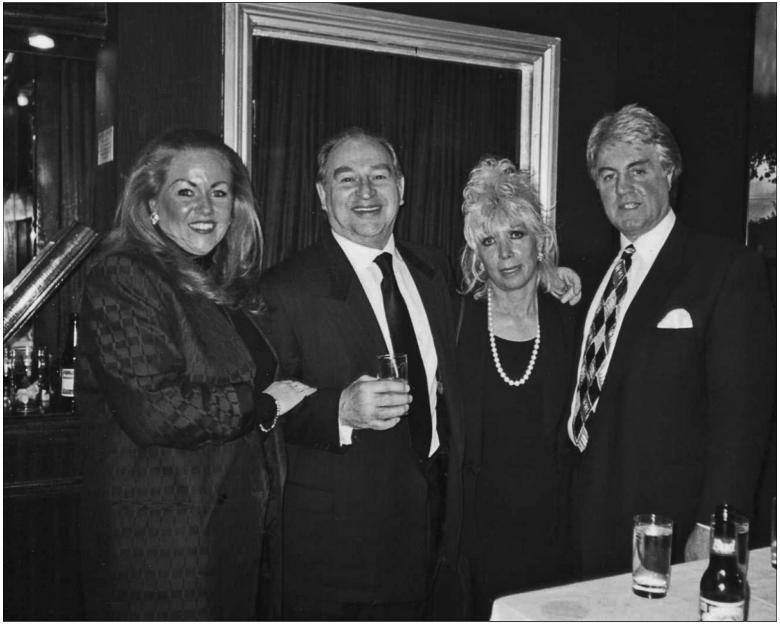
Left-right: Noelle Kurylo, Freddie Foreman, actress Helen Keating and Frank Kurylo.
Frank also operated in a similar respect with the late Ronnie and Reggie Kray, his recollections of whom are supplementary here to the unique Foreman anecdotes. This book follows the format of a photograph album; much of what you see here has never before been published. We hope the accompanying interview text will offer a further insight not only into the life of Brown Bread Fred, but also into the lives of his old associates, the Krays, whose legend stubbornly refuses to die.
Frank and Noelle Kurylo
I was born on 5 March 1932. This first picture was taken when I was two. I had rickets and they put me in the nursery to build up the strength in my legs. I was definitely undernourished because we were really poor, down in Sheepcote Lane, Battersea. Just the old gas mantles, no electricity, no real fire, only a stove to cook on, no heating. Wed got a radio with an accumulator, a battery filled with the acid you had to go out and buy. There was a toilet outside, naturally, and an old mangle for the washing which I used to swing on with my mother. Youre a strong little boy, Freddie! she used to say, geeing me up.

